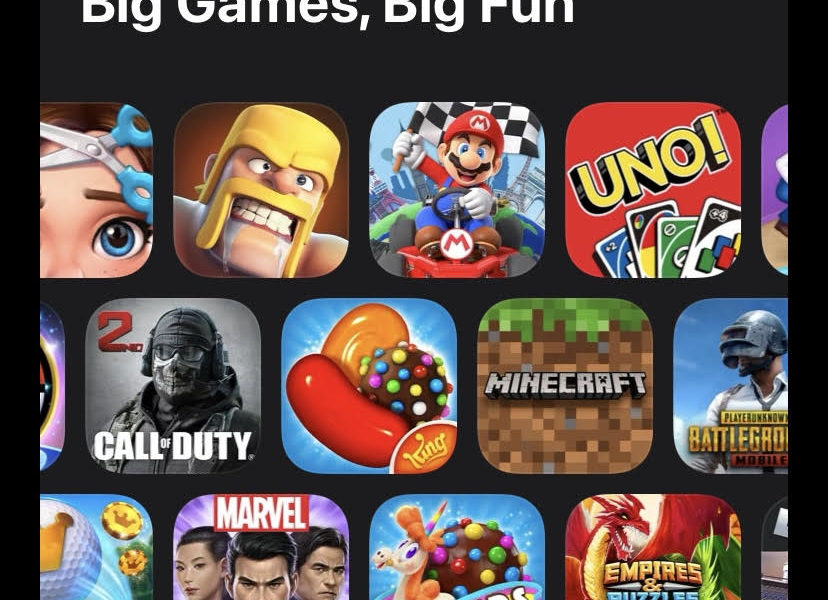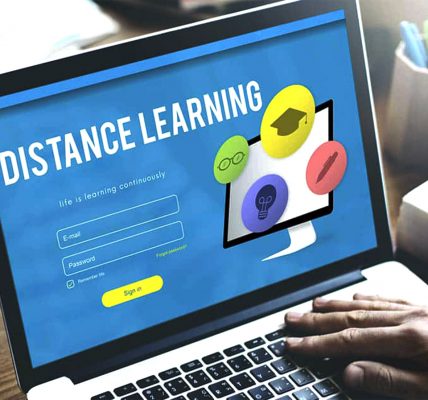By Leila Wickliffe
At the end of August, China’s video game regulator, the National Press and Publication Administration, imposed a video game ban on minors. According to Reuters minors can only play from 8 p.m. to 9 p.m. on Fridays, weekends and public holidays. A newspaper run by Xinhua News Agency, a government-controlled media outlet, equated video game addiction to “spiritual opium” and “electronic drugs.” These rules are all in effort to curve video game addiction in the country’s youth. An unnamed NPPA spokesman said, “Protecting the physical and mental health of minors is related to the people’s vital interests, and relates to the cultivation of the younger generation in the era of national rejuvenation.”
There have been varying opinions, Chinese parents generally favoring it, told the New York Times, “I think it’s the right policy.” However, there were general complaints from youth in both China and the United States. A user on the Chinese social media site Weibo said, “This policy presumes that gaming is bad.” This is a similar reaction as many saw the law as too stringent. Meagan Pan, senior at Allen D. Nease High School, said, “I would be mad if our government instituted a law like that.” She added that she would be “disappointed” if the United States government intervened in the private lives of its citizens. Basil Koutoufaris, junior at Ponte Vedra High School, had a similar opinion that if governments start implementing video game restrictions that it “could easily bleed into other restrictions, which makes me worried about the future and where the line will be drawn.”
Not to mention, the main concern voiced by China’s youth is about esports, a video game competition. Newzoo, a market research group, reports that China has the world’s largest video game market. A second Weibo user said “China doesn’t have the future for e-sports then… Kids in other countries will win the world’s campion at 17 years old, while we start to play the game at 18.” According to CNN, the NPPA is encouraging tech giants to require potential users to register with their real names and ages, so therefore both the company and government can check up on them. Eva Chong, sophomore at Trinity Preparatory School, argued that, “It doesn’t harm anyone to play video games or to lie about your age. I think because the law is pretty extreme, so the Chinese government can’t expect everyone to follow it strictly without finding loopholes.” For now, the NPPA doesn’t show any sign of changing their policy, despite the public’s objections. This ban continues to add onto China’s strategy aimed at tech giants and to support growth of the country’s youth.





